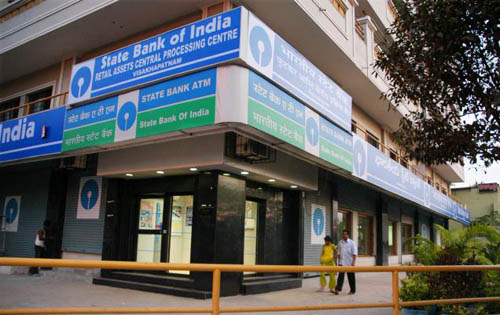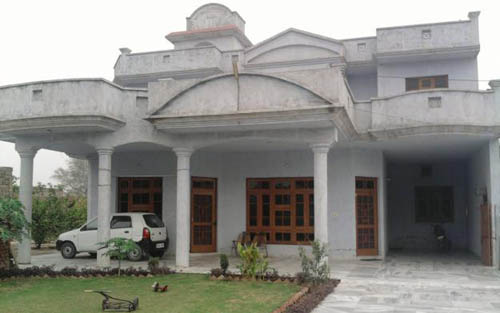
RBI forces SBI to withdraw teaser home loans
The State Bank of India has finally put an end to its most innovative and wildly successful home loan scheme from May due to concerns raised by and under pressure from the Reserve Bank of India.

The State Bank of India has finally put an end to its most innovative and wildly successful home loan scheme from May due to concerns raised by and under pressure from the Reserve Bank of India.

Real Estate and Finance Minister seem to be at logger heads over the wants and needs of the sector. Interestingly when one proposes and the other disposes, both of them justify their stand in the name of “Aaam Aadmi”, the common man who is the consumer and the end-user. But in this cacophony of confusion the “Aaam Aadmi” is often found wondering as to who will ask for his wish list with Union Budget.

Real estate developers have called for focussed support in the Budget for the first-time home buyer and measures to augment supply of housing for affordable and low income groups. Industry representatives have also called for a simplification of systems and tax reliefs as a step to bringing down costs and catalyse developments.

There is a school of thought that states that you should buy a home as soon as you can afford it, or as soon as your home loan application is approved. In fact, the only question one tends to ask in context with home buying is whether property prices and interest rates are amenable at that point in time or not. On the surface, this makes sense. However, not all surfaces are reliable mirrors.

Indian real estate has historically been very optimistic on the eve of every festive season. The post festive season sales number may not back the pre-festive bullishness, but the sector has been known to be hoping to make merry year after year. After all, real estate is a sentiment driven business and the stakeholders try best to create an ambience of positivity to bring the fence sitting buyers back to the market, often with festive discounts and freebies.

Isn’t it ironic that in a housing market like India where the predominant demand is for ready to move houses, this segment too has a record unsold inventory standing. As per the statistics, out of the total 7.85 lakh unsold inventory, nearly 20 per cent are ready to move. Mind you! We are only talking about the top 8 cities of India. A cumulative figure of pan-India unsold ready to move housi9ng inventory would look even more scary.

On the eve of every Union Budget the real estate stakeholders get into a huddle to set the narrative that could influence the fiscal policy. They are conscious of the fact that the business of real estate gets more affected by the fiscal policy than the recurring monetary policy that shapes the outcome of floating interest rates every now and then. A Track2Realty analysis.

2021 was expected to be the year of recovery for the Indian real estate that weathered the black swan of Covid in the preceding year. Throughout the year the developers put up a brave face and the industry data of the top listed developers was enough to keep the prophets of doomsday in silence. However, the closer look at the sector and the large universe of the developers raises more questions than what it could answer during the turbulent year. Track2Realty looks in to look ahead.

Will the festive season of 2021 change the course of real estate is something that most of the analysts are curious to see. The festive season has just started and it is too early to guesstimate the exact sales volume & value growth at this point of time. But with a closer look at the Indian housing market one can probably vouchsafe that there are more catalysts of optimism than pessimism. How far this optimism is sentiment driven and to what extent the economic fundamentals support the business take-up is something that needs to be evaluated.

While the pandemic Covid-19 had hovered like a black swan for the economy in general and the real estate market in particular, the developers across the country also woke up to the unexpected but pleasant reality that the client conversion rate had improved post the pandemic. A Track2Realty analysis.
